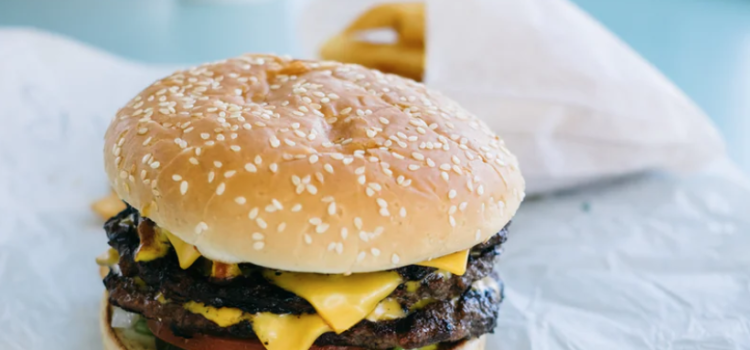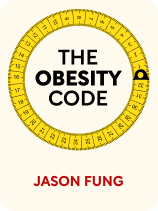

This article is an excerpt from the Shortform book guide to "The Obesity Code" by Jason Fung. Shortform has the world's best summaries and analyses of books you should be reading.
Like this article? Sign up for a free trial here .
Does meat make you fat? How does eating meat contribute to weight gain?
When it comes to meat’s fattening potential, there seems to be a division of opinion, even amongst scientists. Some say that meat (especially, lean meat such as chicken breast) is great for weight loss because it contains no carbs. Others say that eating meat is associated with weight gain.
Here’s what Dr. Jason Fung says on the matter.
Meat Is Associated With Weight Gain
Does meat make you fat? Meat—like all foods—raises insulin levels, and insulin is a fat-storage hormone. In fact, animal protein stimulates far more insulin release than dietary fats. Vegetable proteins stimulate far less insulin release than meat and dairy.
According to Jason Fung, the author of The Obesity Code, meat is generally associated with weight gain. One study he cites found that for each additional daily serving of meat, subjects gained one additional pound. Fung speculates that this may be due to the industrial production of meats—that is, animals fed with corn and grains, rather than their natural diets, produce meats that are less healthy for consumption. (Shortform note: Grain-fed beef, for example, does have a higher proportion of saturated fat than grass-fed beef. Additionally, factory-farmed meats are often treated with antibiotics and drugs—in effect, eating grain-fed beef means eating the meat of an unnaturally obese cow. Some believe that this is intuitively unwise, though the science is still out.)
What About Dairy?
In contrast to meat, research finds that dairy products such as whole milk and cheese do not cause weight gain. In fact, large studies found that some dairy products, such as yogurt, may even promote weight loss. Fung suggests that this is because dairy is very filling: While you could eat a pound of chicken, you’d be hard-pressed to eat a pound of cheddar.
(Shortform note: Other sources report that the science on dairy is mixed. Studies seem to swing back and forth: One reports that dairy does not contribute to weight loss unless it’s part of a calorie-restricted diet; another reports that fermented dairy such as yogurt might protect against heart disease. In the end, most experts agree that dairy is a good source of calcium, protein, and dietary fat, yet it’s not strictly necessary for a healthy diet.)

———End of Preview———
Like what you just read? Read the rest of the world's best book summary and analysis of Jason Fung's "The Obesity Code" at Shortform .
Here's what you'll find in our full The Obesity Code summary :
- Why everything we were taught about obesity is wrong
- The theory of obesity as a hormonal disorder that causes overeating
- Why dieting doesn’t work and exercise actually has little impact on weight loss






